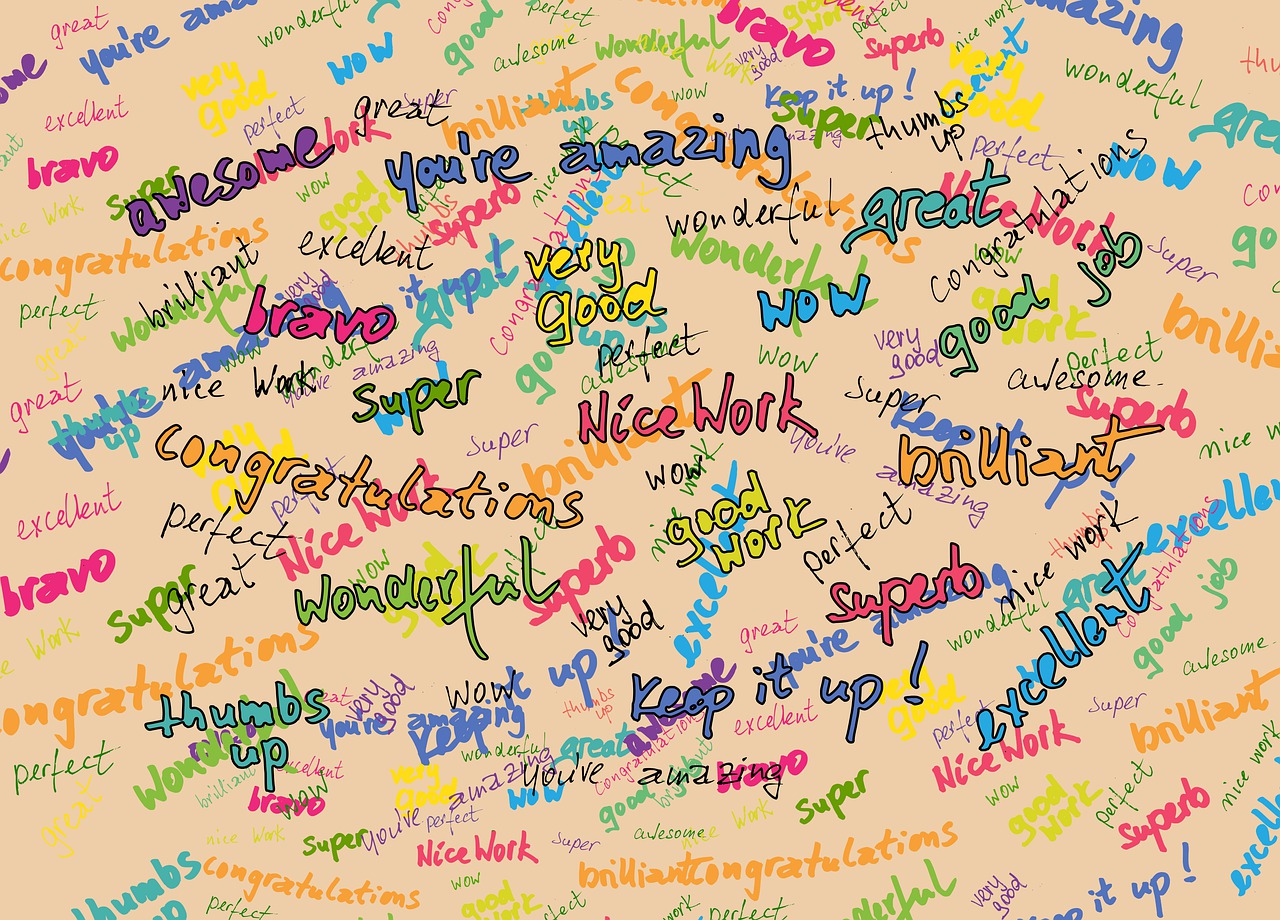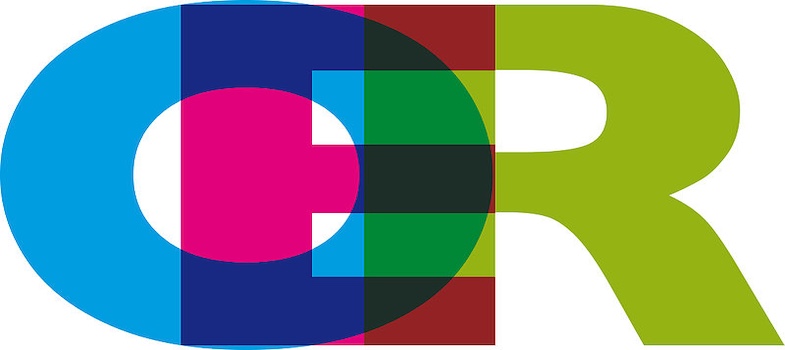4.9 Conclusion

Image by Gerd Altmann from Pixabay. Used under the Pixabay content licence.
You've now nearly completed the course. Congratulations! We hope you've found it informative and enjoyable to study.
As you'll know by now, open education has huge potential to help eliminate barriers to equitable participation in quality education, and can play a pivotal role in achieving Sustainable Development Goal 4 (SDG4). Open Education has power to support inclusion and collaboration across borders and subject areas, for the benefit of learners, educators and society more generally.
At the heart of open education is a philosophy of care, compassion and a culture of sharing. These values can support us in working together to tackle the most complex and difficult challenges, for example the climate crisis and the provision of equitable educational opportunities for disabled people and people in marginalised communities.
The system of Creative Commons licensing used for OER releases the power of openness, making it clear when resources can be used, adapted, remixed and reshared. If you're a teacher, the next time you create an educational resource, ask yourself whether you should be sharing it openly with others. In most cases, the answer should be yes!
Open education and OER are not flawless solutions for achieving equitable access to quality education and the benefits of openness cannot be realised without each one of us adopting the principles above and implementing open educational practices wherever possible. The world desperately needs contextually-relevant resources - written in languages other than English, with local case studies, and locally relevant images and videos.
If you want to join others in a wider community of practice around open education and openness, here are some ways to do so:
- On Facebook, LinkedIn, X/Twitter, Mastodon, BlueSky or Threads: use the hashtags #OER, #OEP and #OpenEducation.
- Check out the Creative Commons blog and explore their website: https://creativecommons.org/.
- Check out whether there’s a Creative Commons Chapter in your country on the Creative Commons Chapters page. If there is, consider getting involved. If there isn’t, read the Guide to Establishing a Chapter section of the Creative Commons website and consider whether you or someone you know could set something up for your country.
- Share this course with colleagues and friends.
- Consider translating this course into another language and then resharing it.
- Join the Global Forum for Teacher Educators (if you're not a member already).
Assessing your learning and gaining a badge for this course
If you want to gain a Statement of Participation and digital badge for this course you need to complete all sections of the course and pass the quiz. The badge can be displayed, shared and downloaded as a marker of your achievement.
The quiz is also a useful way to assess your learning and identify sections of the course you could revisit to consolidate your understanding.
